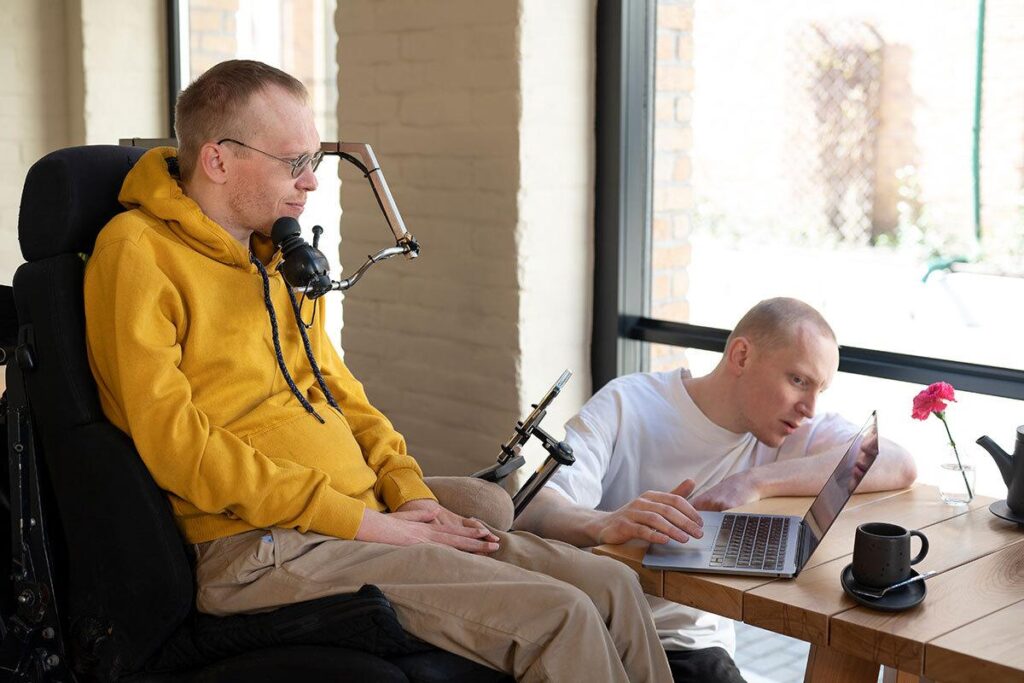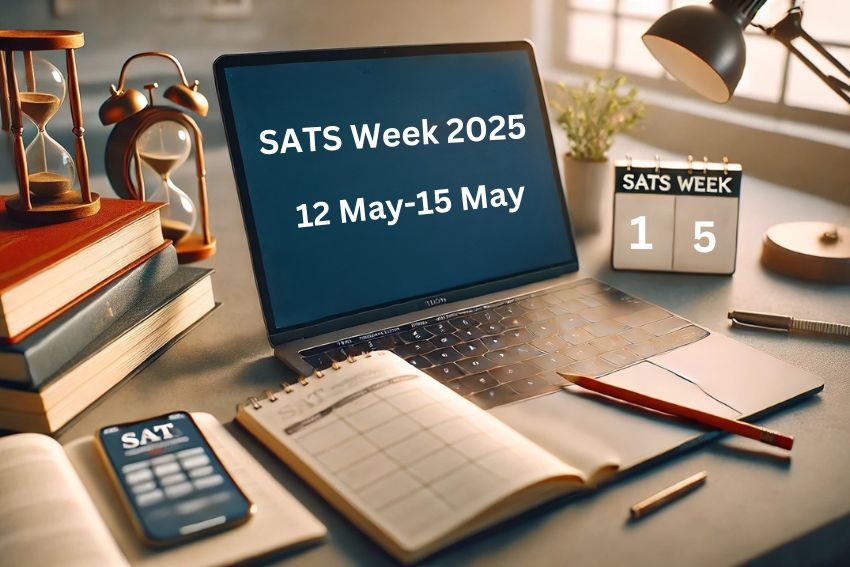Voice Cloning for Inclusive Education: Empowering Students with Disabilities

Education is a right, but it has been the biggest challenge that students with disabilities face in school, as many are not learning effectively. As AI continues to evolve, it has brought many new tools and innovations into education. One such breakthrough is voice cloning technology Murf AI, which can potentially empower students with disabilities by improving accessibility, personalizing learning experiences, and creating inclusivity.
Voice cloning is a technique used to create digital replicas of the human voice by using artificial intelligence and machine learning. To that end, such synthetic voices can be utilized in diverse educational settings where students can access the content in a way that suits them best. This article discusses voice cloning in regard to inclusive education – from its advantages to its difficulties and the future of AI-driven learning.
Enhancing Accessibility through Voice Cloning
- Support to visually impaired students
Traditional text-based learning materials are really a challenge to students with visual impairments. Voice cloning technology can convert textbooks, articles, and classroom notes into speech for the visually impaired student to learn from the materials.
Unlike TTS software, voice cloning allows natural-sounding voices, hence making content more engaging and easy to understand.
- Helping students with dyslexia and reading disabilities
Most students with dyslexia or other reading disabilities take a lot of time to process written information. Voice cloning technology allows for an alternative learning method that provides audio learning experiences.
Using familiar and natural voices to convert text into speech can improve comprehension, retention, and overall engagement.
Moreover, the ability for students to listen rather than read minimizes cognitive load while supporting diverse learning styles.
Personalizing Learning Experiences
- Adaptive learning with AI-powered speech
Voice cloning can be incorporated into adaptive learning platforms that adapt the delivery of content according to individual progress. For example, AI systems can analyze a student’s learning patterns and modify speech speed, complexity, and tone accordingly. This way, every student, regardless of their learning abilities, receives information in a way that is most effective for them.
- Customizable voices for individual preferences
One of the greatest benefits of voice cloning is its ability to personalize education. AI-driven voice synthesis allows students to choose or create a voice that they feel comfortable and familiar with.
This personalization improves engagement and makes learning feel more natural. A student can even choose a voice similar to that of a teacher, parent, or mentor, which reinforces trust and familiarity.
Facilitating Cross-Cultural and Multilingual Education
- Overcoming language barriers
In diverse classrooms, language differences can hinder learning. Voice cloning technology helps bridge language gaps by translating and vocalizing content in various languages and accents. This is particularly useful for students learning English as a second language (ESL) or those in bilingual education programs.
- Preserving cultural and indigenous languages
Voice cloning is also used for language preservation. There are insufficient teaching resources in many indigenous and endangered languages. It is a challenge for students to learn these languages, and AI voices can be trained in these languages so that language heritage can be transferred to future generations through education.
Supporting Communication for Students with Speech Impairments
- Improving Speech Therapy and Development
For students with speech therapy, voice cloning may be a useful tool. The AI-generated voice can model the correct pronunciation and fluency and give real-time feedback to the students learning to speak more clearly. Students with speech impairments can improve their communication skills by listening to and mimicking synthetic voices.
- Give a voice to non-verbal students
Many students with speech disorders or autism, cerebral palsy, and ALS have trouble communicating. With voice cloning, such students can produce a voice that is quite similar to the natural human voice. This allows the non-verbal individual to be able to engage in discussions with their classmates, interact with friends, and get their message across.
Implementing Voice Cloning in Educational Tools
- Digital textbooks and learning applications
Many digital learning platforms are now using voice cloning to make it more accessible. There are textbooks with AI-driven voice technology that help students listen to what is inside the book in real time. It is helpful to those who prefer learning by ear and those with disabilities.
- Interactive and gamified learning environments
Gamification has become a very powerful educational tool, and voice cloning can take it to the next level. AI-powered speech synthesis enables interactive storytelling, real-time feedback, and personalized learning avatars that engage students in new and exciting ways. These applications make learning more immersive, especially for children with attention deficits or special learning needs.
Summing Up
Voice cloning is revolutionizing inclusive education as it provides students with disabilities with an accessible, personalized, and interactive learning experience. This technology, in assisting the visually impaired, helping non-verbal students, and bridging language gaps, breaks barriers in education.
Edumentors takes this innovation further by integrating AI tools with our team of expert tutors from the UK’s top universities, ensuring every student not only copes but excels. Have you adopted AI in your educational journey yet? Discover how Edumentors can enhance your learning experience with cutting-edge technology and personalised tutoring.
Have you adopted AI in education yet?








